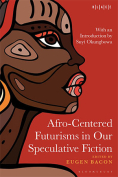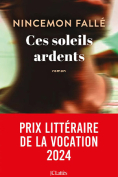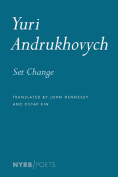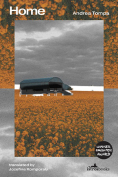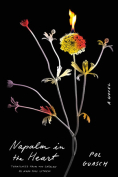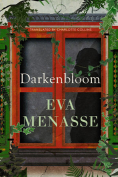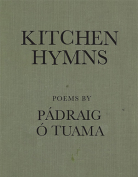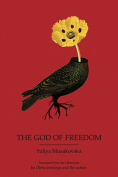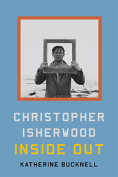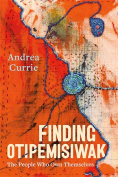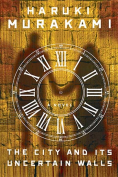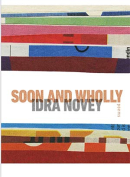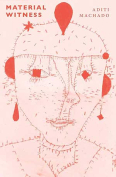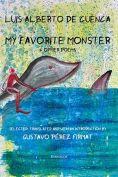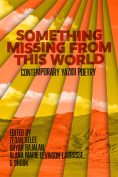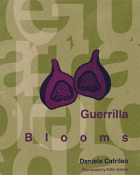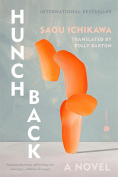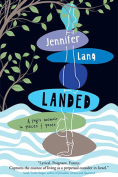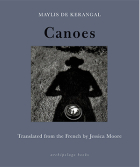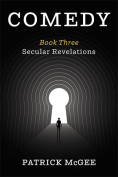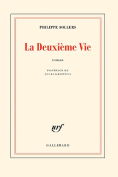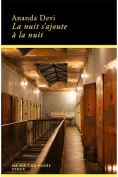Darkenbloom by Eva Menasse
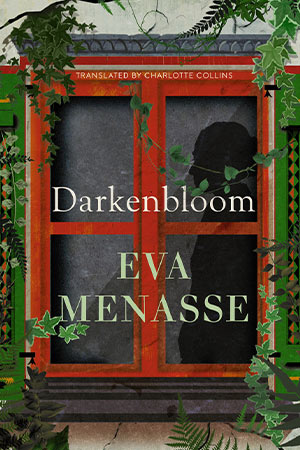
London. Scribe. 2025. 480 pages.
Located on the Austrian–Hungarian border, the eponymous village of Darkenbloom holds many secrets that over a few days in the summer of 1989 slowly begin to surface. The arrival of a stranger, a refugee from East Germany and a son who has recently lost his mother, is set against farmers digging up their fields in search of water to avoid the clutches of the greedy water authority, a group of students renovating the local Jewish cemetery, a local girl going missing, as well as countless family and interfamily feuds dating back generations. Yet, on the discovery of a body, kept buried for forty-five years, truths that many would rather forget come to light, and we discover the stranger’s true identity, what actually happened on the fateful night of the countess’s party, and the significance of the shoot-out on the border just after the war.
Eva Menasse’s spellbinding writing draws us into the heads of the Darkenbloomers and into the heart of village life. Like a good thriller, the seemingly innocuous clues are drip-fed to the reader through her wonderfully rounded characters who are faced with the revelation of the truth when journalists arrive in the village. The gentle humor in her astute characterizations contrasts with the seriousness of the subject matter: that Jewish concentration camp prisoners were shot there and the perpetrators still walk freely among the inhabitants. Chapter by chapter, moving from one character to another, we gain a snapshot of the changing of the guard in Austrian society in the late 1980s: the younger generation desiring to uncover and come to terms with the past while the older generation hoping everything remains hidden.
At nearly five hundred pages, this slow burner is a gripping investigation of guilt, collective memory, and revelation, and each of Eva Menasse’s carefully crafted sentences, in Charlotte Collin’s sensitive translation, is worth dwelling upon, for they stay with you, long after you have finished the book—all the more so when you realize that although Darkenbloom is a fictious village, the secrets it is hiding are very real facts in contemporary Austrian history.
Catherine Venner
Durham, UK
